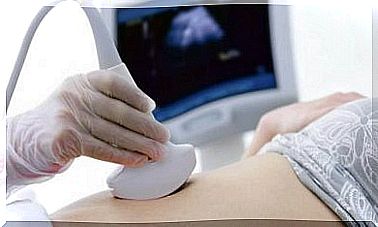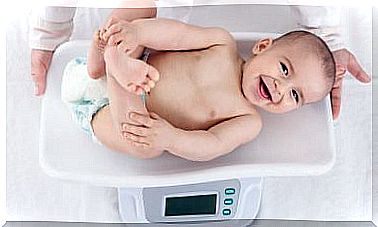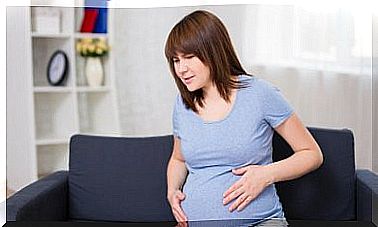Nausea And Vomiting During Pregnancy

Nausea and vomiting during pregnancy are very common symptoms. This type of experience is often associated with pregnancy even when the person is not pregnant.
Nausea and vomiting are really unpleasant experiences, and are sometimes related to how healthy the pregnancy is.
The first trimester of pregnancy is most complex in this regard. Some women are more affected than others.
Many times these symptoms appear even before you have been told you are pregnant.
This rarely continues throughout pregnancy, but during the first few days it can ruin our mornings. It often comes during breakfast or when you get out of bed in the morning.
Most expectant mothers experience these symptoms at some point during their pregnancy. However, knowing that it is common does not mean that we should suffer in silence or that nothing can be done about it.
Doctors and other mothers have found solutions and cures for nausea during pregnancy. Here we tell you how you can improve the situation.
Causes of nausea and vomiting during pregnancy
It is unlikely that we can completely avoid this with nausea during pregnancy. It is usually caused by an increase in the production of hormones such as human chorionic gonadotropin (hCG).
This hormonal increase is a result of the fertilization of the egg, and at a later stage it is also formed when the placenta develops.

During the first months of pregnancy, the production of this hormone is increased. This is why the discomfort with vomiting and nausea occurs in the first stage.
It also happens that you experience these symptoms in later stages of pregnancy, but normally they gradually decrease as the process progresses.
Chorionic gonadotropin, like progesterone, is a hormone that relaxes the digestive system. As a result, reflux (heartburn) becomes more common. These hormones also stimulate the emetic areas of the brain, which can cause vomiting.
Tips on what to do in case of vomiting and nausea
As we have noted, it is not easy to prevent all these hormonal changes from occurring. But there are steps we can take to minimize the symptoms.
Even if this condition is normal, you may want to alleviate it. Not just to reduce the discomfort, but because it can have unwanted consequences.

If a pregnant woman has intense vomiting, she may experience periods of dehydration afterwards. She is also at risk of malnutrition as a result of losing as much of the food as she has eaten.
In some cases, it may be necessary to see a doctor for help with your nausea during pregnancy. These tips can otherwise be useful to feel better.
- Cakes or sandwich biscuits can help early in the morning. If you experience this discomfort when you wake up, it is good if you have some sandwich biscuits on hand. Eat some before you get up, as this neutralizes your blood sugar.
- You can have breakfast as usual after the sandwich biscuits you ate ten minutes before you got out of bed. But – drink nothing at this time. If you want to drink coffee or juice, it is recommended that you wait three hours after eating solid food.
- Avoid heavy meals. Eat several small meals, rather than one large one. You should also not walk for many hours without eating, as gas is not good in these cases.
- Remember to limit your activity, as vomiting and nausea cause fatigue.
- It is important to refill with water and salt as you have lost it during intense vomiting. So remember to drink water often during the day.









